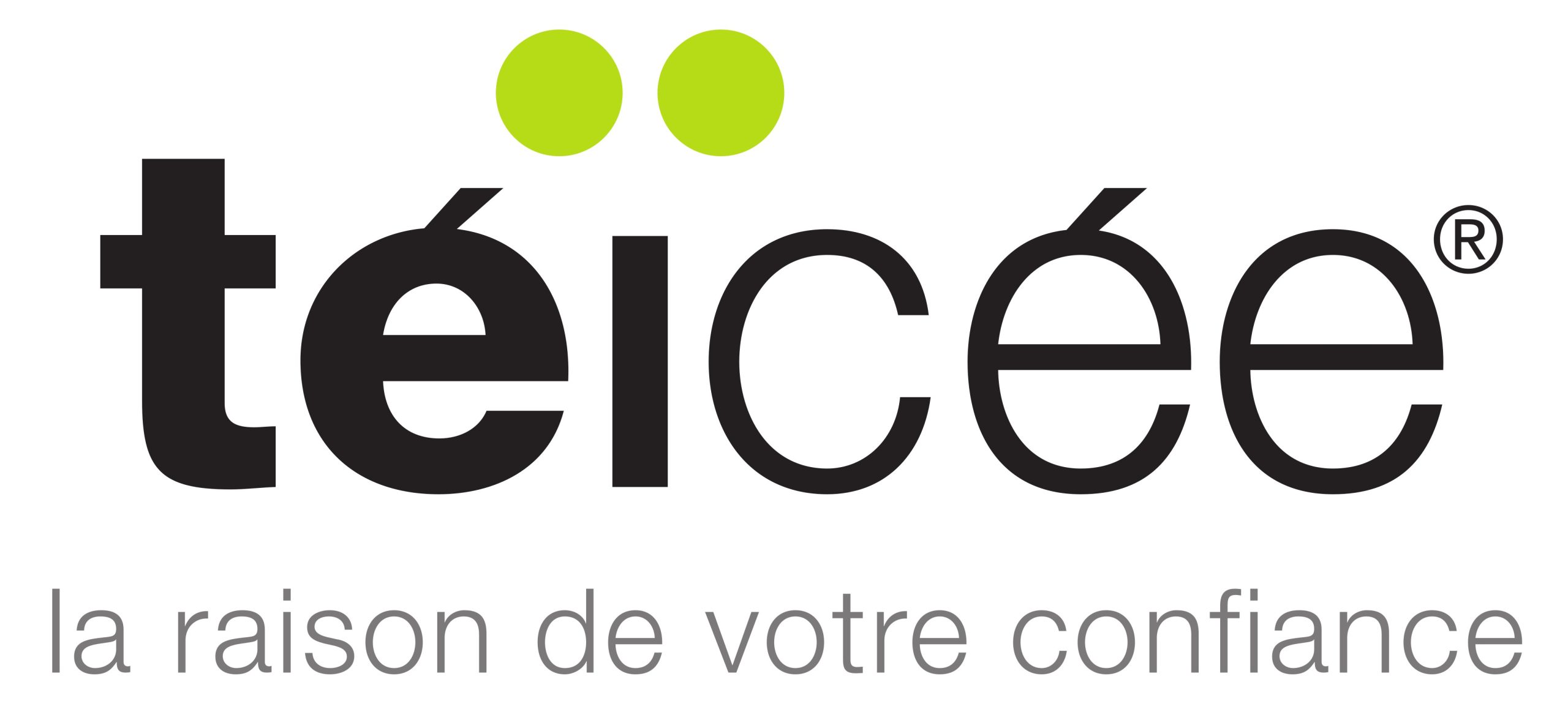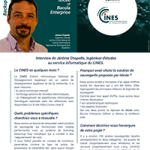CINES in a nutshell?
The CINES (Centre Informatique National de l'Enseignement Supérieur) is a center for higher education and research. Its tasks are:
· intensive numerical computing,
· long-term archiving of electronic data,
· and hosting of national IT platforms whose references are available on the site https://www.cines.fr.
What specific problems were you trying to solve?
We needed to renew our backup solution which worked well (stable, efficient) but with the licensing system much too complicated which led to cost “readjustments”.
We had to take into account many parameters such as the type of workstation, processor, volumetry, etc. without any way of verifying that we were in good standing.
We wanted an efficient backup system with a simpler licensing policy.
Why did you choose the backup solution offered by téïcée ?
We looked at all of the responses to that in a competitive process. They included the major backup software vendors.
As with any call for tenders, we have two evaluation criteria:
· technical characteristics
· financial aspects
On these two points, the Commission’s reply téïcée with Bacula Enterprise Edition scored highest.
How would you describe the scope of your project?
There are about 150 backed-up workstations divided mainly into two categories: workstations (mostly Windows) and servers (mostly Linux, CentOS).
We save in “file” mode and the total volume saved is about 150TB, including retention. Bacula is installed on a physical server with a 10GbE interface for the data network and SSD RAID for data spooling (buffer before tape writing).
The server pushes the data to two robotics that are shared with other applications. In each robotics are dedicated to this application three readers type IBM 3592E06 and LTO4 and about 150 cartridges of each type.
How the solution was implemented Bacula by téïcée ?
We had an installation service, configuration of the product and training on its use.
Afterwards, we received a lot of advice either by contacting directly the people of téïcée or via the ticket management system of Bacula Systems.
téïcée we support when we have open tickets, which is very appreciated.
We also participated, as part of a training plan, in the courses “Administrator level 1” and then “Administrator level 2”, organized by téïcée.
téïcée came to the site for deployment and proceeded to:
· physical installation of the machine
· operating system configuration
· software installation and configuration Bacula
· “Administrator Level 1” training
The installation operation lasted one week after which the service was in production.
What is your assessment of this project?
In technical terms, we see a real benefit in that Bacula or based on an Open Source solution:
· there are many documented experiences on the Internet
· it is possible for us to prototype and experiment at will this has a positive impact on deployment time compared to a “black box” or “proprietary” solution.
In financial terms, among the answers that we did not take into account:
· the cost of the cheapest solution was 2 times higher than that of téïcée.
· the cost of the most expensive solution was 25 times higher than that of téïcée.
Bacula licensing is mainly related to the expected level of support and backed up machines, so it is easy to make cost projections.
In terms of performance, the counterpart of the time invested in understanding the software in depth is that we are now very confident in this solution and in our ability to administer it.
The solution works, and we can make it do what we want.
The whole is efficient and meets our needs.

Jérôme Chapelle
Study engineer IT department of the National Computer Center of Higher Education



